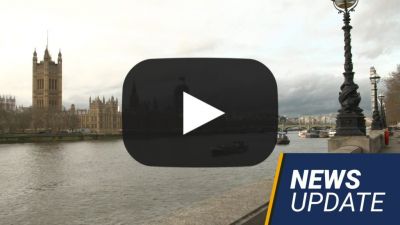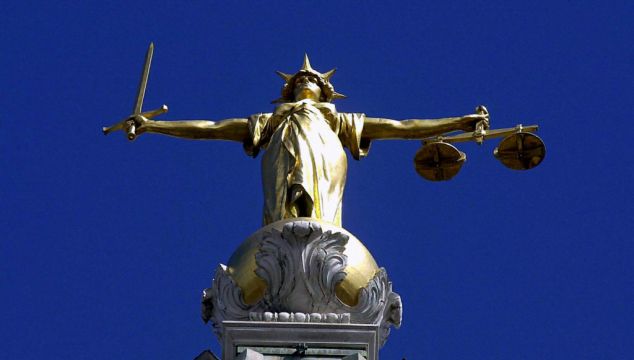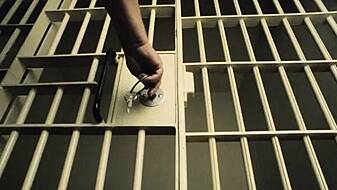A judge has rescinded a High Court order adjudicating an Estonian businessman with €40 million debts as bankrupt in this jurisdiction due to his failure to disclose insolvency proceedings before the courts of Estonia
In a ruling, Mr Justice Mark Sanfey said the Estonian bankruptcy proceedings were “highly material” to the Irish High Court’s decision to exercise its discretion in Oliver Kruuda’s bankruptcy petition.
He found Mr Kruuda was “significantly culpable” in failing to bring to the Irish court’s attention the fact that he was the subject of a bankruptcy petition by Estonian firm OÜ Best Idea.
The judge said Mr Kruuda “moved to Ireland to avail of our relatively benign bankruptcy regime” and “must have known” the Estonian orders were relevant to establishing his centre of main interest before the Irish court.
An Irish-based insolvency practitioner for Mr Kruuda acknowledged the businessman’s overall indebtedness surpassed €40 million, the judge noted.
The judge noted Ireland’s bankruptcy regime has developed over a relatively short time period from “one of the most punitive and long-lasting in Europe to one of the most benign” from a debtor’s point of view.
There are “many instances”, he said, where foreign debtors look to establish their centre of main interests in this State and, in principle, there is “absolutely nothing wrong” with someone doing this.
High Court order
Mr Justice Sanfey was ruling on an application from OÜ Best Idea, a company based in Estonia, asking him to set aside the Irish High Court’s order of June 28th, 2021, adjudicating Mr Kruuda bankrupt.
OÜ alleged the Irish adjudication order had been obtained by a material and “intentional” non-disclosure on the part of Mr Kruuda and submitted that the Irish courts were and are bound to recognise a judgment of the Tartu County Court.
An Estonian court had in April 2020 granted the firm judgment of just under €15 million against Mr Kruuda and a company controlled by him, according to the company’s lawyer.
OÜ petitioned for Mr Kruuda’s bankruptcy there in mid-May 2021. The petition was accepted by the Tartu court later that month and an interim trustee was appointed in that jurisdiction on June 7th, 2021, said the judge.
The entrepreneur did not apprise the Irish High Court on or before June 28th, when his bankruptcy petition was heard, that similar proceedings had been initiated against him in Estonia and that a court there had prohibited him from disposing of any assets without the consent of the interim trustee, the judge said.

Mr Kruuda was declared bankrupt in Ireland prior to being declared bankrupt in Estonia in October of that year. However, the decision on June 7th was found by Estonian courts to mark the opening of bankruptcy proceedings there, the judge added.
Mr Justice Sanfey said it was not for him to second guess the Estonian courts’ findings in this regard.
To ignore the findings of those courts would be to ignore reality and would be “entirely contrary” to the system of automatic recognition of jurisdiction provided by the EU Insolvency Regulation, he added.
The judge exercised his discretion to rescind the Irish High Court order from June 28th, 2021, adjudicating Mr Kruuda as bankrupt.







